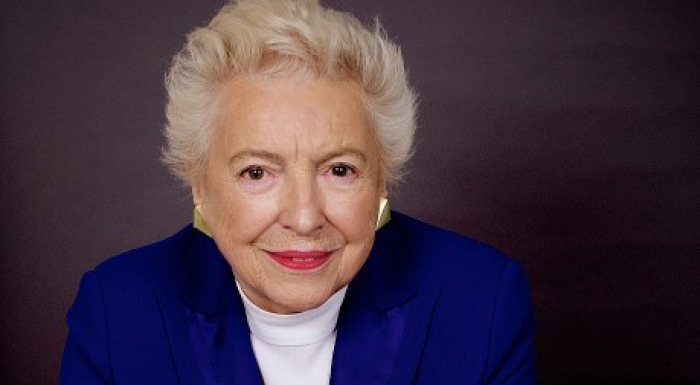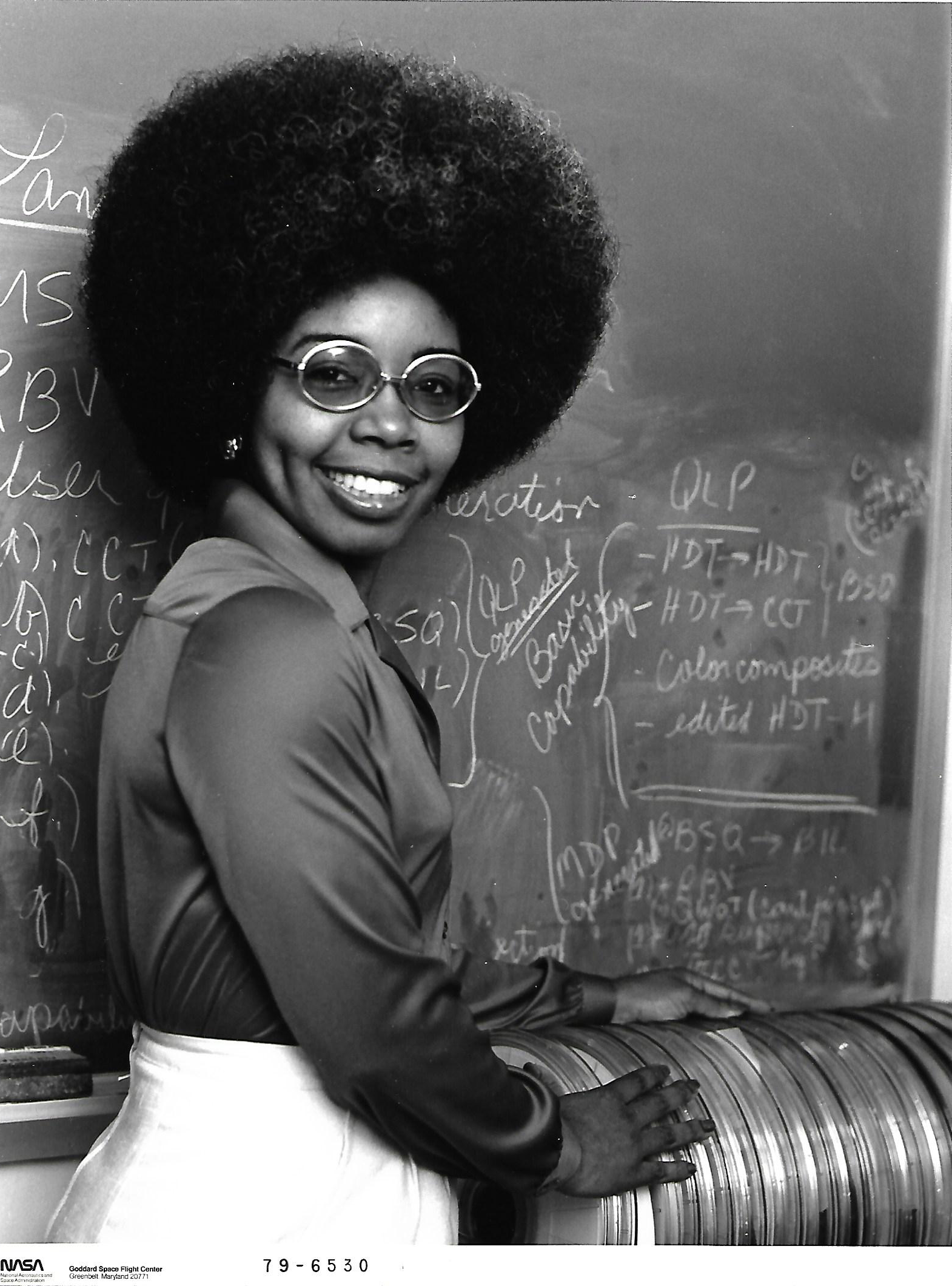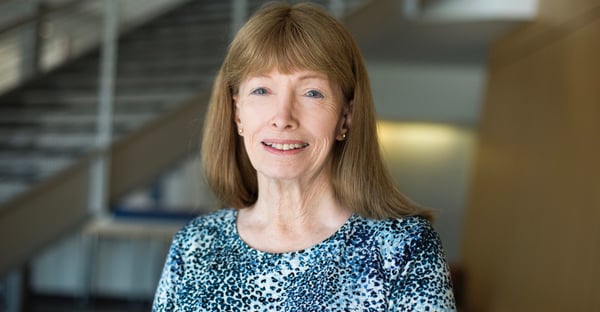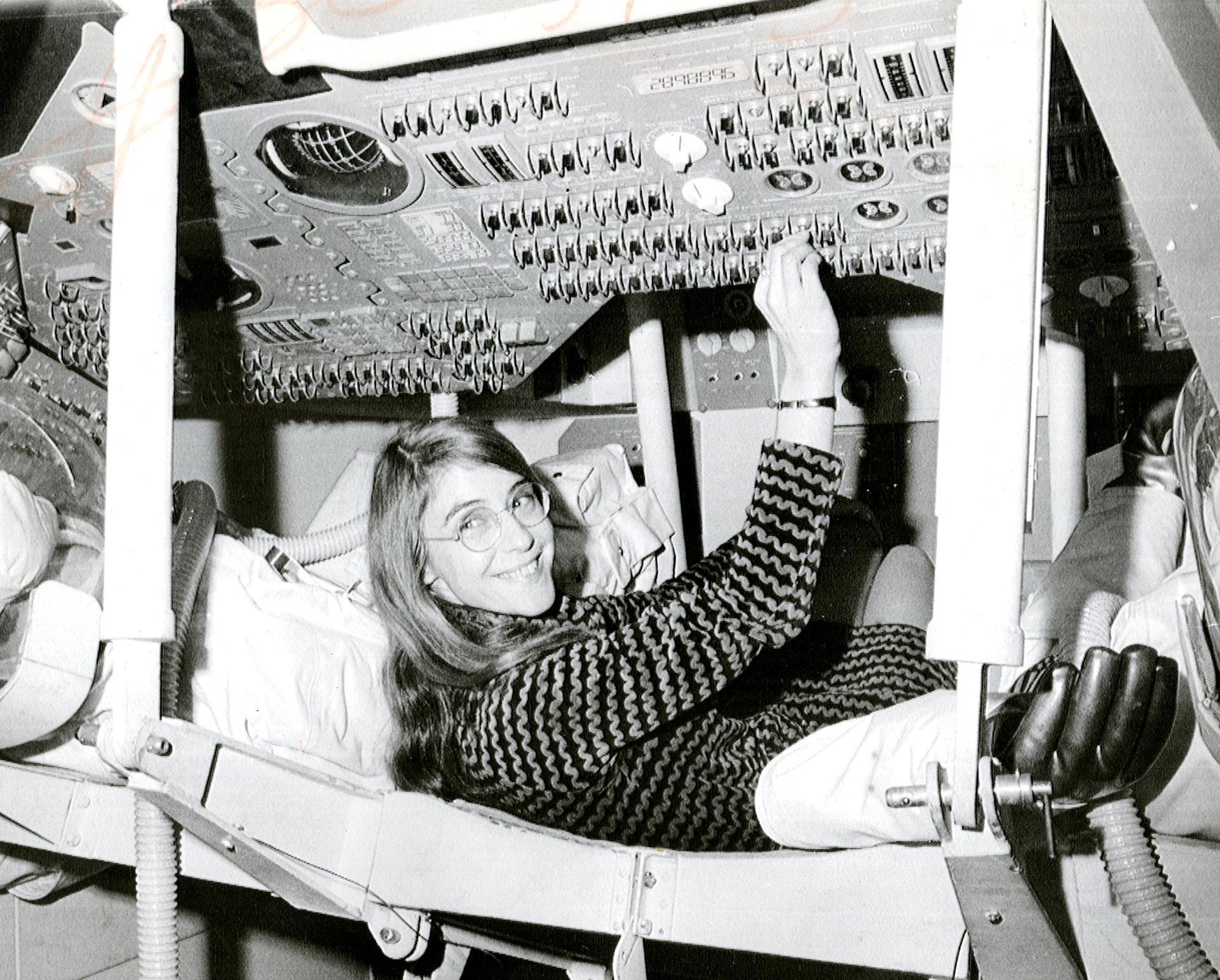Today is International Women's Day! To mark this occasion, we highlight notable women who have driven innovation and change in the technology sector.
What is International Women's Day?
International Women's Day (I.W.D.) is a global holiday observed annually on March 8. This year's theme is #BreakTheBias, and it asks the world to call out instances of bias against women in the workplace, at school, and home. In addition, the campaign asks people to show their support by posting selfies to social media while posing with their arms crossed, along with the hashtags #BreaktheBias and #IWD2022.
Intellis Celebrates Women in Tech!
Women are at the heart of the origin story of early electronic computing. In the mid-twentieth century, women dominated the tech industry. They dominated careers in programming, computer design, maintenance, innovation, and even computerized war machines to decrypt enemy communications.
Undeniably, women have left a lasting impact on the tech industry and continue to make essential contributions. To celebrate this rich history, we're celebrating notable women in tech who helped transform the industry.
Dame Stephanie Shirley
Information Technology Pioneer, Businesswoman, and Philanthropist
"A lot of people go into business to make money. I really didn't; I went in with a mission for women. Conversely, I was determined never, ever to be poor again."

Stephanie "Steve" Shirley (September 16, 1933, to Present) is a technology pioneer who founded an innovative software company in 1962 that employed home-based women as part-time workers. She has a degree in mathematics from Sir John Cass College.
Listen to her inspiring T.E.D. Talk.
In the 1950s, she worked at the Post Office Research Station in the U.K., building computers from scratch and writing machine language code. She took evening classes for six years to obtain an honors degree in mathematics. While at the Post Office, she helped develop electronic telephone exchanges and the premium bond computer "Ernie."
In 1962, she founded the software company Freelance Programmers (later FI, then Xansa, since acquired by Steria and now part of the Sopra Steria Group). She had innovative work practices that primarily focused on creating job opportunities for women with dependents, and she predominantly employed women.
In 1987, she gained the Freedom of the City of London. She was President of the British Computer Society from 1989 to 1990 and Master of the I.T. livery company 1992-93. In 1985, she was awarded the Recognition of Information Technology Award. In 1999, she received the Mountbatten Medal.
Stephanie retired in 1993 but has continued championing progress in the fields she loves. She supports research into autism spectrum disorders and organizations that promote the improvement of the I.T. industry and the role of the Internet in society.
Valerie Thomas
Data Scientist and Former Associate Chief of NASA Space Science Data Operations
"I think strides have been made to encourage more females to consider entering the science and engineering fields. There are special STEM programs in which girls are participating, books for girls about female role models, and hands-on competitions and other activities in which girls are being successful."

Valerie Thomas, in 1979, stands with a stack of early Landsat Computer Compatible Tapes (C.C.T.s). Thomas was responsible for the development of early Landsat digital media formatting. (Photo: NASA).
Valerie Thomas (February 8, 1943, to Present) is best known for inventing the illusion transmitter, for which she received a patent in 1980 during her long career at NASA. The device is still in use, and scientists are currently working on incorporating it into modern medicine and technology tools.
Over her 30+ year career at NASA, she managed the development of NASA's image-processing system for Landsat, the first satellite to send images from outer space, and led a team of 50 for the Large Area Crop Inventory Experiment (L.A.C.I.E.), a joint effort between NASA, NOAA, and the U.S.D.A. that demonstrated the ability to use space technology to predict wheat yield.
Thomas, one of only two women in her class, earned a degree in physics at Morgan State University. She has received many awards, including the Goddard Flight Center Award of Merit and the NASA Equal Opportunity Medal.
Lynn Conway
Computer Scientist, Electrical Engineer, Inventor, and Transgender Activist

Lynn Conway championed the VLSI Revolution in Microchip Design (Photo: Women You Should Know).
Lynn Conway (January 2, 1938, to Present) is a computer scientist, electrical engineer, and inventor notable for several pioneering achievements. She holds B.S. and M.S.E.E. degrees from Columbia University's Engineering and Applied Science.
She led the way in microelectronics chip design, and her innovations during the 1970s at the Xerox Palo Alto Research Center (PARC) have impacted chip design worldwide. Her work in VLSI — very large-scale integrated circuits — helped to revolutionize computing. With Caltech engineering professor Carver Mead, Conway re-conceptualized chip processing. She and Mead collaborated on a textbook, which has become standard at universities worldwide. Many tech companies and computing methods rely on the foundations of her work.
She worked at I.B.M. in the 1960s and is credited with generalized dynamic instruction handling, an essential advancement many modern computer processors still use to improve performance.
In the late 1960s, she underwent gender transition, and today, she is an advocate and activist for transgender issues, supporting awareness and speaking out against the psychiatric pathologization of gender variance.
In 1989, Conway was elected to the National Academy of Engineering and, in 2009, was recognized by IEEE as a computer pioneer. She is currently professor emerita of electrical engineering and computer science at the University of Michigan, Ann Arbor, where she has taught since the 1980s.
Margaret Hamilton
Computer Scientist and Systems Engineer
“It quickly became clear that the software was not only informing everyone that there was a hardware-related problem, but that the software was compensating for it.”

Margaret Hamilton in the Command Module. (Photo: NASA).
Margaret Hamilton (August 17, 1936, to Present) is a computer scientist and systems engineer credited with coining "software engineering." She studied mathematics at the University of Michigan and earned a B.A. in mathematics with a minor in philosophy from Earlham College in 1958.
In the 1960s, she worked at M.I.T. in the meteorology department, developing software that predicted weather on the LGP-30 and PDP-1 computers. Then, she became the Director of the Software Engineering Division of the M.I.T. Instrumentation Laboratory. She led a team of developers to design the onboard flight software for the Apollo space program. In addition, she created and developed new methods for building flight software and applied these methods to the Apollo and Skylab software development and to defining Shuttle system software requirements.
In 2016, she was awarded the Presidential Medal of Freedom by U.S. President Barack Obama to develop onboard flight software for NASA's Apollo Moon missions.
Inspiring Women to Shape the Future of Tech
At Intellis, the future of tech should include people of every color, gender, belief, origin, and community. It should be accessible, flexible, and inclusive. This vision aligns with our mission to "strive for team excellence and maintain an environment that allows for continuous improvement of individuals and our organization." We are proud that 50% of our company is women!

